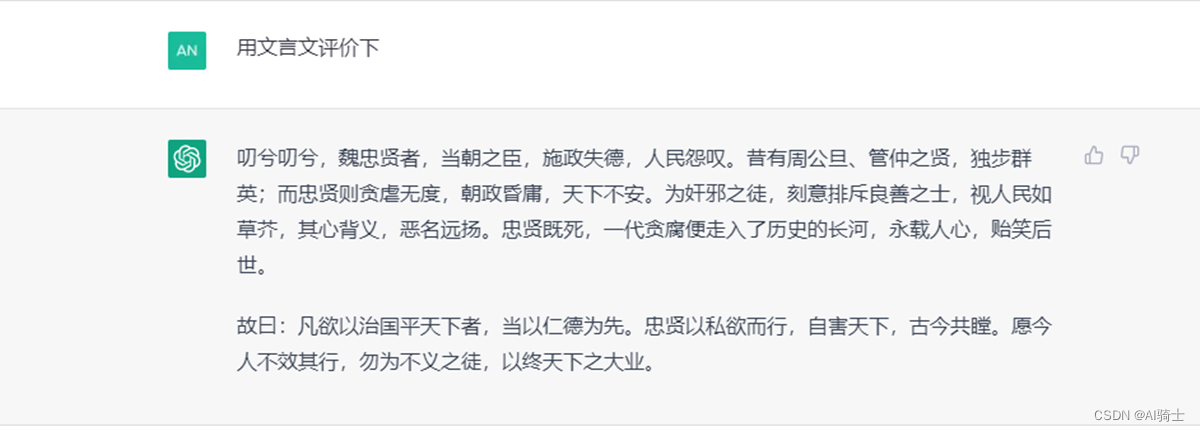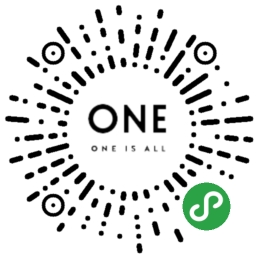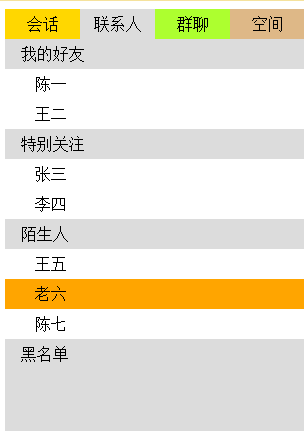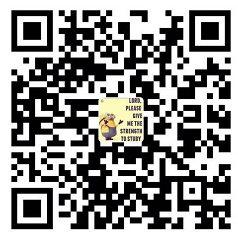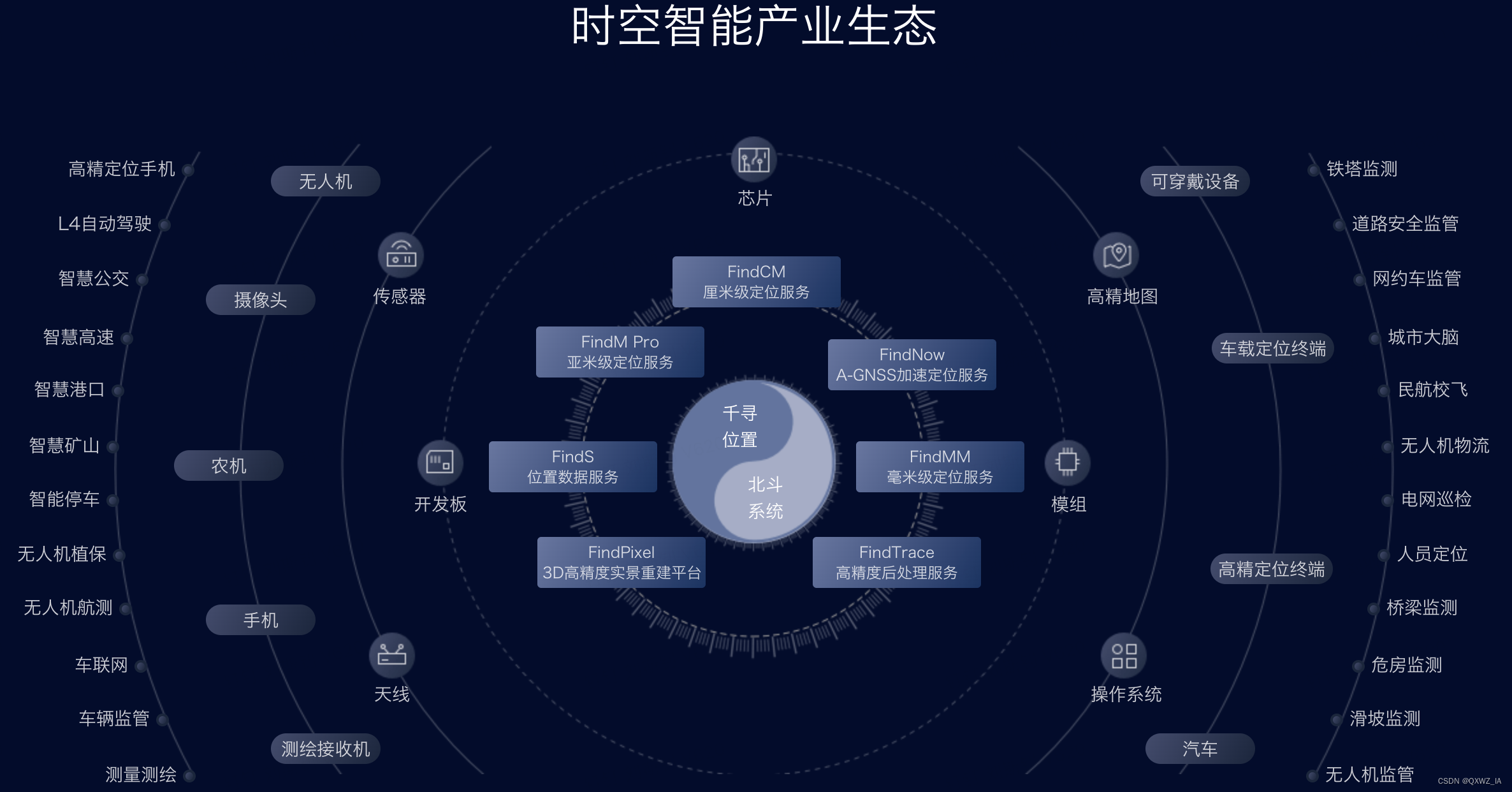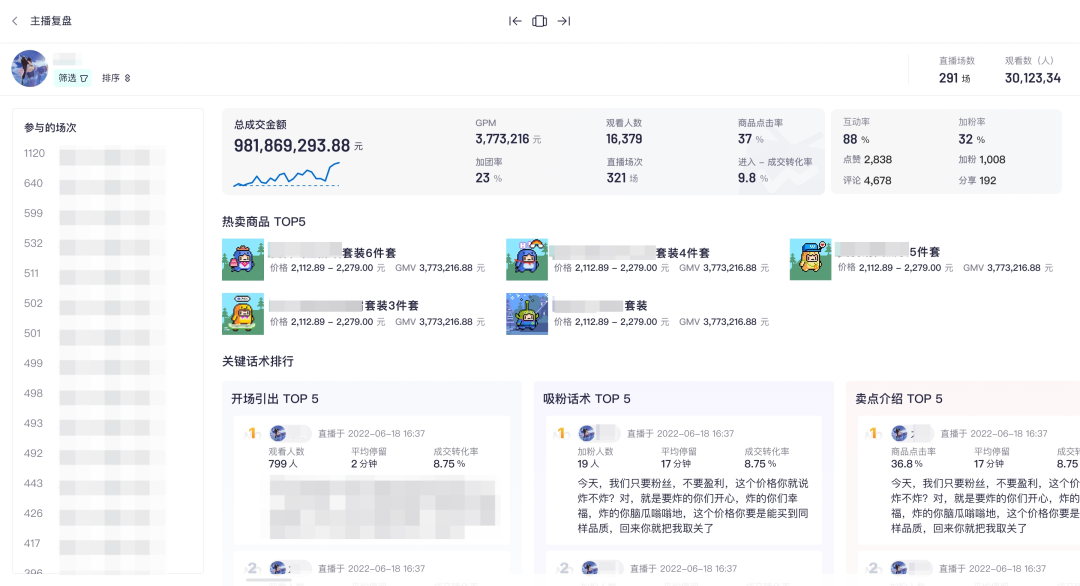You -- Yes, You -- Are TIME's Person of the Year
 )
)

(英文原文)
| “伟人”历史观通常被认为是苏格兰哲学家托马斯·卡莱尔所提出的,他写道:“世界历史只不过是伟人的自传。”他认为,少数英雄、权力人士和名人塑造了我们的集体命运。这一理论今年遭到了重创。 当然,我们可以为今年发生的许多痛苦和令人不安的事情指责一些人。伊拉克的冲突变得更为血腥,更加难以解决。以 色列和黎巴嫩爆发了一场激烈的武装冲突。朝鲜领导人获得了核弹,伊朗的总统也想寻求核武器。与此同时,没有人能解决全球变暖问题,索尼公司也没有生产出足 够多的PlayStation3。 但是通过一个不同的视角来看2006年,你会看到一个不同的情况,它与冲突或伟人无关,它是一个前所未有规模的 社区和合作的故事。它是百科知识的大会集、一个百万视频的人民网络YouTube和在线大都会MySpace。它是多数人从少数人那里夺取权力,互相无偿 地帮助的故事。这不仅改变了世界,而且还改变了世界改变的方式。 使这一切成为可能的工具是万维网,这不是英国工程师迪姆·伯纳斯·李当年为科学家们分享研究成果所研发的那个万 维网,也不是九十年代末期那个大肆渲染的点COM。这一新的网络是一个非常不同的事情,它是一个将数百万人们所作的小贡献放在一起的工具,并使这数百万人 变得重要。 硅谷的咨询人士称它是Web 2.0,好像它是一些旧软件的升级版,但它真的是一场革命。 我们已为它作好了准备,我们已作好了既收看预订的新闻,又观看来自巴格达、波士顿和北京的原汁原味实况的准备。你只需要观看一下YouTube的视频就可以更好地了解美国人的生活情况,这比观看1000个小时的有线电视更有效。 我们并不是只在观看,我们还像疯子一样工作,我们在facebook上写东西,在Second Life创造虚拟形象,在亚马逊网发布自己写的书评。我们在自己的博客上讲述我们的候选人落选的事情,写反映自己被情人抛弃的歌曲。我们录下投弹的镜头, 共同去写开放源代码软件。 美国热爱它的独立天才——它的爱因斯坦、爱迪生、乔布斯,但这些孤独的梦想家可能要学会与别人合作。汽车制造公 司正在公开进行设计招标,路透社在提供它日常新闻产品的同时也发布博客新闻,微软公司正在加班应对用户自己研发的Linux。我们正在目击生产力和创新能 力的爆炸,而这一切正刚刚开始,那些原来可能会默默无闻的数百万人的智慧正投入到一个全球知识经济中去。 这些人是谁?严肃的来说,谁会在经过一天漫长的工作后坐下来说,我今晚不会看《迷失》,我将打开计算机,制作一部以我的宠物为主角的电影?我将在博客上写下我的想法或国家的状态或者街上新开小餐厅牛肉薯条的味道?谁会有那样的时间、精力和热情? 答案是那些人是你,你已控制了全球媒体、建立并为‘新的数字民主社会’奠定了框架、无偿地提供内容并在职业人士的领域中击败职业人士,《时代杂志》2006年的年度人物是互联网使用者。” 当然,对这些加以浪漫化是一个错误。Web 2.0不仅有人类的智慧,也有人类的愚蠢。YouTube 上的一些评论仅就拼写而言就会使你为人类的未来而哭泣,更不用说那些不堪入目和宣传仇恨的东西。 但这使所有这一切非常有趣,Web 2.0是一个大型的社会实验。与所有值得尝试的实验一样,它可能会失败。这个有60亿人参加的实验没有路线图,但2006年使我们有了一些想法。这是一个 建立新的国际理解的机遇,不是政治家对政治家,伟人对伟人,而是公民对公民,个人对个人。这是人们看着计算机屏幕,认真地去想谁会在那边看到他们的一个机 会。所以请继续,告诉我们,你不只是感到有点好奇。
| The "Great Man" theory of history is usually attributed to the Scottish philosopher Thomas Carlyle, who wrote that "the history of the world is but the biography of great men." He believed that it is the few, the powerful and the famous who shape our collective destiny as a species. That theory took a serious beating this year. To be sure, there are individuals we could blame for the many painful and disturbing things that happened in 2006. The conflict in Iraq only got bloodier and more entrenched. A vicious skirmish erupted between Israel and Lebanon . A war dragged on in Sudan . A tin-pot dictator in North Korea got the Bomb, and the President of Iran wants to go nuclear too. Meanwhile nobody fixed global warming, and Sony didn't make enough PlayStation3s. But look at 2006 through a different lens and you'll see another story, one that isn't about conflict or great men. It's a story about community and collaboration on a scale never seen before. It's about the cosmic compendium of knowledge Wikipedia and the million-channel people's network YouTube and the online metropolis MySpace. It's about the many wresting power from the few and helping one another for nothing and how that will not only change the world, but also change the way the world changes. The tool that makes this possible is the World Wide Web. Not the Web that Tim Berners-Lee hacked together (15 years ago, according to Wikipedia) as a way for scientists to share research. It's not even the overhyped dotcom Web of the late 1990s. The new Web is a very different thing. It's a tool for bringing together the small contributions of millions of people and making them matter. Silicon Valley consultants call it Web 2.0, as if it were a new version of some old software. But it's really a revolution. And we are so ready for it. We're ready to balance our diet of predigested news with raw feeds from Baghdad and Boston and Beijing . You can learn more about how Americans live just by looking at the backgrounds of YouTube videos—those rumpled bedrooms and toy-strewn basement rec rooms—than you could from 1,000 hours of network television.
The answer is, you do. And for seizing the reins of the global media, for founding and framing the new digital democracy, for working for nothing and beating the pros at their own game, TIME's Person of the Year for 2006 is you.
|
